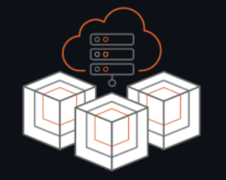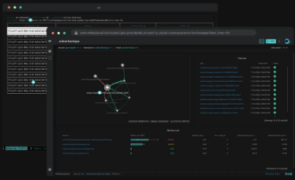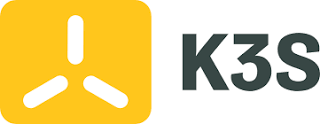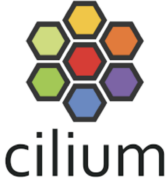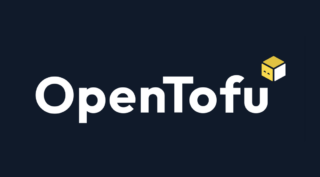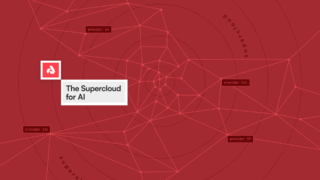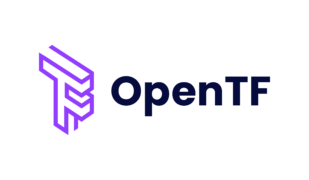Topic: open source
Canonical releases low-touch cloud solution MicroCloud
Canonical has officially released MicroCloud, an open-source cloud solution, as part of its expanding cloud infrastructure portfolio. The new solution enables IT professionals to deploy clouds to their environment using a single command, with all of the orchestration handled for them. MicroCloud is specifically designed for scalable clusters and edge deployments across various enterprises. The … continue reading
ITOps Times Open-Source Project of the Week: Pixie
Pixie is an open-source observability tool for Kubernetes applications. Pixie uses eBPF to automatically capture telemetry data without manual instrumentation. Users can swiftly access metrics, events, traces, and logs without code modification through dynamic eBPF probes and ingestors. The system enables easy integration without requiring changes to the existing codebase, allowing users to delve into … continue reading
ITOps Times Open-Source Project of the Week: Tetragon
Tetragon is a security tool for Kubernetes that uses eBPF to apply policies and filters, reducing observation overhead, enabling process tracking, and enforcing policies in real-time. Developed by the creators of Cilium and eBPF, Tetragon offers real-time security observability and enforcement using eBPF. It can detect and respond to important security events, including process execution, … continue reading
ITOps Times Open-Source Project of the Week: k3s
K3s is a certified lightweight Kubernetes distribution specifically tailored for IoT and Edge computing environments. It is optimized for unattended, resource-constrained, and remote locations or within IoT appliances. K3s is packaged as a compact binary of less than 70MB, streamlining the installation, operation, and automatic updates of a production Kubernetes cluster. This distribution supports both … continue reading
ITOps Times Open-Source Project of the Week: Cilium
Cilium provides eBPF-based networking, observability, and security for container workloads. It enables users to secure network connectivity between application services deployed using Linux container management platforms like Kubernetes. Cilium is built upon a Linux kernel technology known as eBPF. This technology allows for the real-time integration of robust security, visibility, and network control logic directly … continue reading
ITOps Times Open-Source Project of the Week: OpenTofu
The Linux Foundation has introduced OpenTofu, another open-source alternative to the Terraform infrastructure as code provisioning tool. This move was prompted by Terraform’s recent license change from MPLv2 to a Business Source License v1.1, which raised concerns in the open-source community. The switch early last month involved HashiCorp’s’ products including the infrastructure-as-code service Terraform, the … continue reading
Upbound launches Spaces to help companies manage their control planes
Upbound, the company known for the Crossplane open-source project, has introduced “Spaces,” a new feature allowing platform teams to deploy managed control planes in self-managed environments. Upbound’s managed control planes offer improved scalability, declarative APIs, and Git integration, catering to a range of self-managed needs, including air-gapped and private cloud environments. These control planes help … continue reading
Akash updates its “Supercloud for AI” with easier access to GPUs
Overclock Labs, creators of the open-source distributed network Akash, aims to tackle the difficulty that comes with looking for on-demand compute with new updates to its Supercloud, essentially a “cloud of clouds” that enables users to access compute resources, including GPUs, from a wide array of providers, spanning from independent to hyperscale, according to Akash. … continue reading
ITOps Times Open-Source Project of the Week: Artifact Hub
Artifact Hub is a web application designed for locating, installing, and sharing packages and configurations related to CNCF projects. It addresses the challenge of discovering compatible artifacts for CNCF projects. It’s an open-source project licensed under the Apache License 2.0. Instead of each project creating its own artifact hub, which results in duplication and confusion … continue reading
In response to Terraform license change, OpenTF forms and creates open-source fork of project
Earlier this month, HashiCorp announced it would be switching the license for all of its products to a Business Source License (BSL), changing from the Mozilla Public License v2.0 (MPL 2.0) that they were originally under. Its products include the infrastructure-as-code service Terraform, the images-as-code solution Packer, and the identity-based security solution Vault. In response … continue reading
ITOps Times Open-Source Project of the Week: Rustdesk
RustDesk is a full-featured open-source remote control alternative for self-hosting and security with minimal configuration. It functions as a full-featured remote desktop app that works on works on Windows, macOS, Linux, iOS, Android, Web. It also supports VP8 / VP9 / AV1 software codecs, and H264 / H265 hardware codecs. “You have full control of … continue reading

